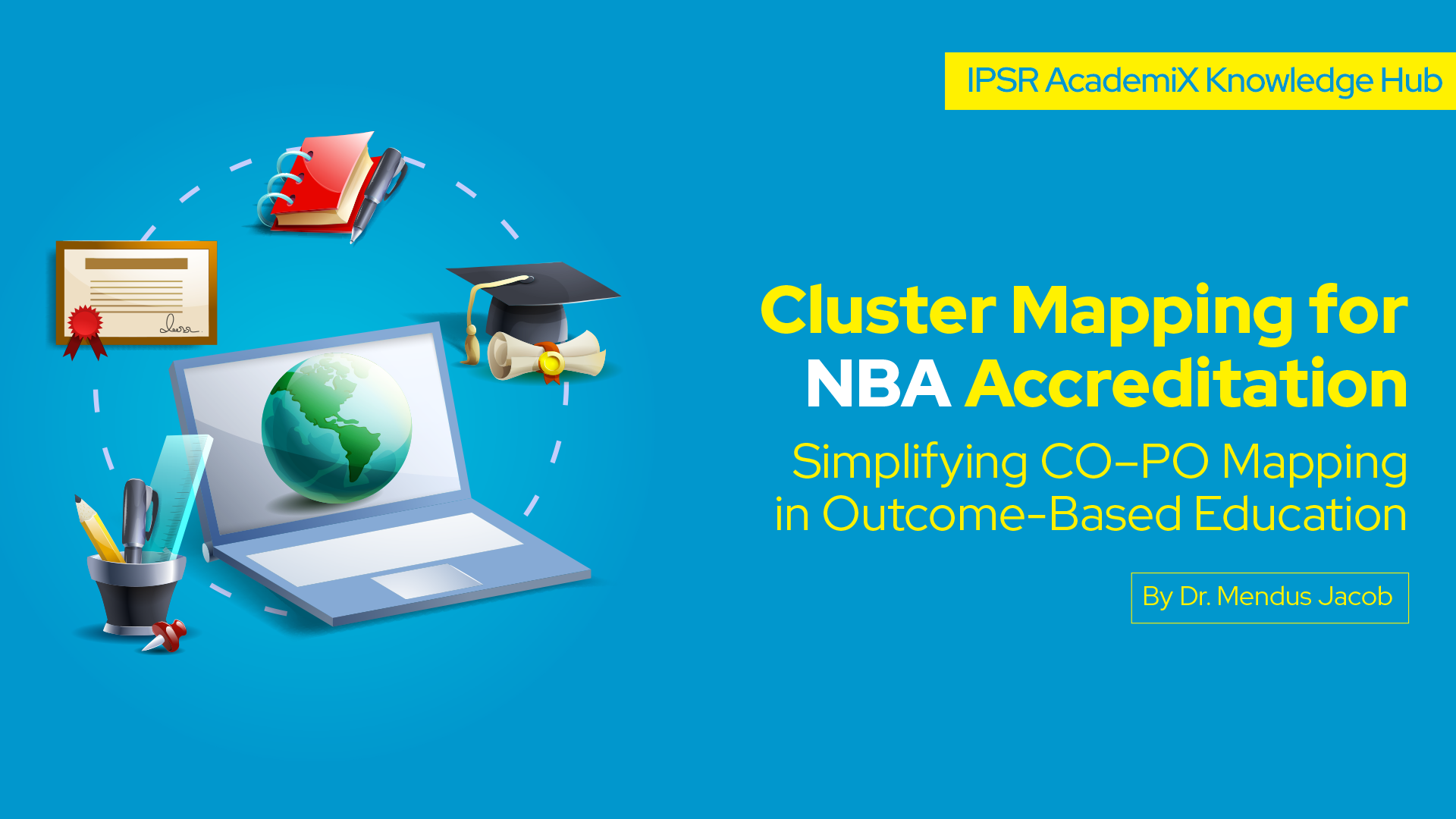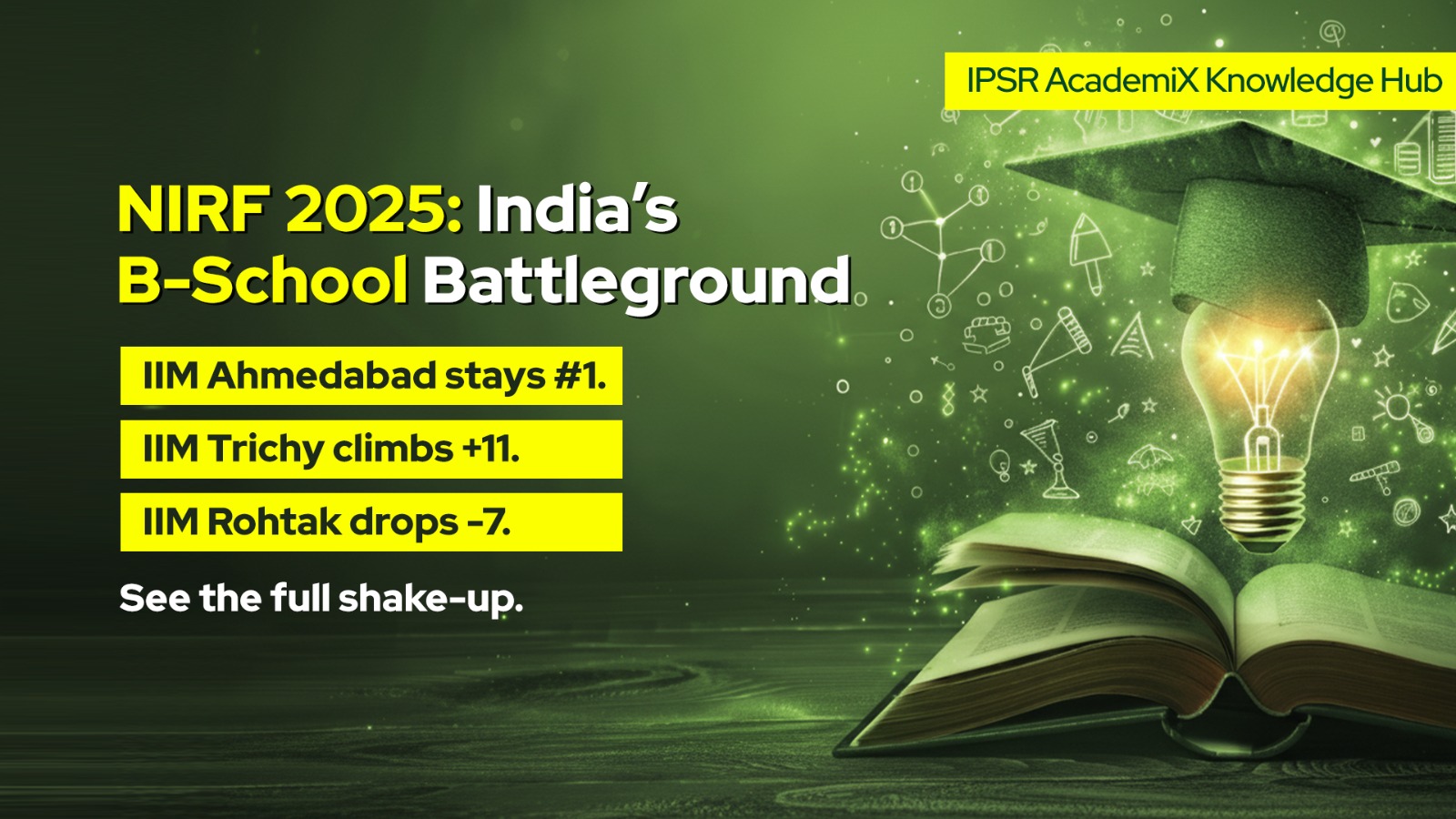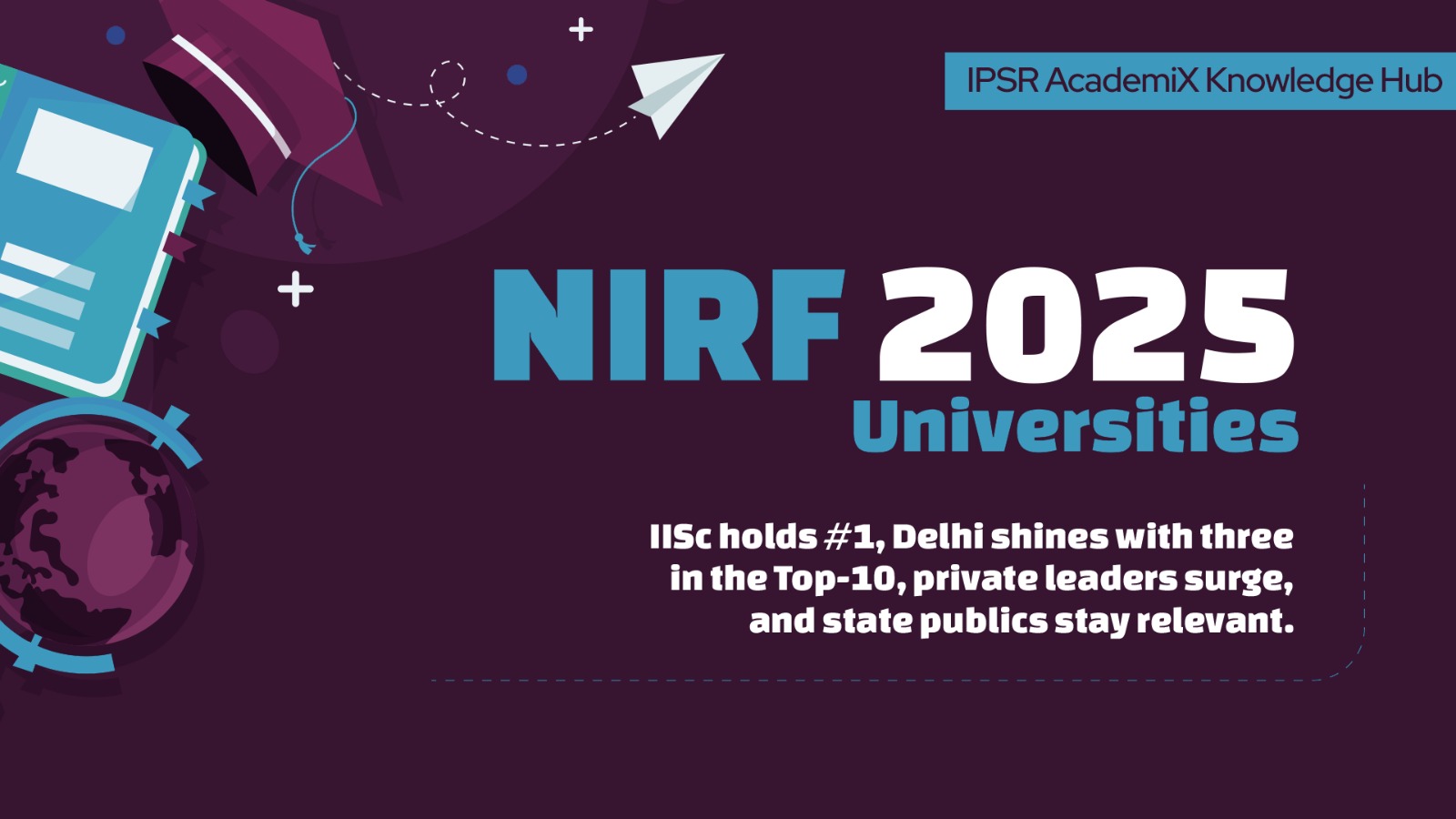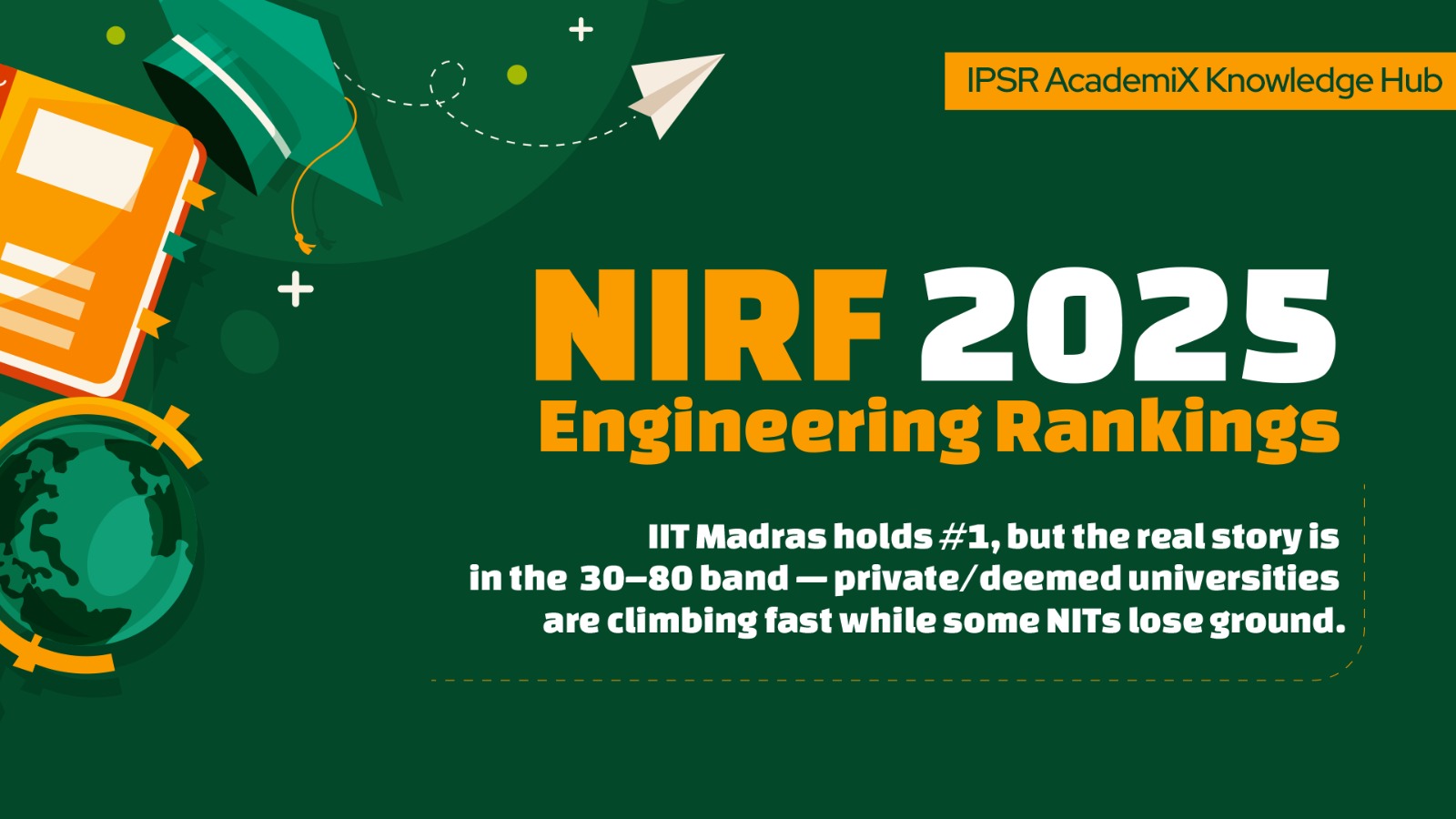
A Roadmap to Success in KIRF Rankings for Kerala Colleges
Jan-02-2025,
Articles
Kerala Institutional Ranking Framework (KIRF) – a groundbreaking state-level initiative modelled on NIRF – ranks Kerala’s best institutions based on academic excellence
The Kerala Institutional Ranking Framework (KIRF) represents a groundbreaking state-level initiative designed to evaluate the quality and performance of Higher Education Institutions (HEIs) in Kerala. Launched by the Department of Higher Education and the Kerala State Higher Education Council (KSHEC) in 2023, KIRF is modelled after the National Institutional Ranking Framework (NIRF) and incorporates state-specific standards to address the unique educational landscape of Kerala. Its goal is to set new benchmarks for academic excellence, enhance institutional accountability, and guide students in making informed choices. Here’s a roadmap to help your institution climb to the top of the KIRF rankings.
Understanding the Importance of KIRF
KIRF rankings are more than just numbers; they reflect an institution’s commitment to quality and innovation.
- Benchmarking Quality: KIRF objectively measures an institution’s strengths, offering insights into areas needing improvement.
- Accountability: Encourages transparency and adherence to best practices in teaching, research, and governance.
- Guidance for Stakeholders: Helps students, parents, and policymakers make informed decisions based on credible evaluations.
Key Parameters Driving KIRF Rankings
To achieve top rankings, institutions must excel across five critical areas:
- Teaching, Learning, and Resources (TLR)
- a. Student Strength (SS)
- b. Faculty-Student Ratio (FSR)
- c. Faculty Qualification and Experience (FQE)
- d. Online Education (OE)
- e. Subscription to e-journals (SEJ)
- f. Financial Resources and their Utilisation (FRU)
- Knowledge Dissemination and Research Excellence (KDRE)
- a. Research Productivity (RP)
- b. Research Impact (RI)
- c. Intellectual Property Rights (IPR)
- d. Research Footprint/Consultancy/Startups (RFCS)
- Graduation Outcomes (GO)
- a. Metric for University Examinations (GUE)
- b. Metric for Entrance Examinations UGC-NET/JRF/CSIR/GATE/GRE (GEE)
- c. Placement and Higher Studies (PH)
- Outreach and Inclusivity (OI)
- a. Percentage of Students from outside the State/Country (Campus/Region Diversity-RD)
- b. Percentage of First Generation Learners (FGL)
- c. Facilities for Differently Abled (FDA)
- d. Social Inclusiveness(SI)
-
Scientific Temper and Secular Outlook (STSO)
- a. Initiatives/programmes organised/participated by students and faculty of the institutions reflective of scientific temper and secular outlook (STSO Ql)
- b. Adoption of Green Technology (GT)
- c. Accreditation and Ranking (AR)
Strategies to Improve Your KIRF Rankings
1. Focus on Teaching Excellence
- Recruit experienced faculty and provide continuous professional development through Faculty Development Programs (FDPs).
- Integrate innovative teaching methods and leverage technology for better learning outcomes.
2. Boost Research Output
- Incentivise faculty to publish in reputed journals and apply for funded research projects.
- Establish partnerships with industry leaders for collaborative innovation.
3. Enhance Infrastructure
- Modernise libraries, laboratories, and classrooms with state-of-the-art facilities.
- Develop robust digital platforms to facilitate online learning and hybrid education models.
4. Improve Student Outcomes
- Strengthen placement cells and build dynamic alumni networks.
- Offer comprehensive career counselling, skill development, and competitive exam training.
5. Foster Inclusivity and Community Engagement
- Support programs that cater to women, differently-abled students, and other underrepresented groups.
- Encourage outreach initiatives that strengthen the institution’s ties with the local community.
The Role of Outcome-Based Education (OBE)
Adopting Outcome-Based Education (OBE) can be a game-changer for institutions aspiring to climb the KIRF rankings. By aligning the curriculum with clear learning outcomes and demonstrating measurable student achievements, OBE can directly impact metrics in teaching quality, graduation outcomes, and perception.
Key steps include:
- Mapping assessments to program outcomes for transparent evaluation.
- Showcasing evidence of student success in rankings submissions.
Overcoming Challenges in KIRF Excellence
- Data Collection and Validation: Develop robust systems for gathering accurate and comprehensive data.
- Balancing Research and Teaching: Allocate resources effectively to support both high-quality teaching and impactful research.
- Resource Limitations: Leverage government and private funding to bridge gaps in infrastructure and faculty recruitment.
Leveraging KIRF Rankings for Growth
Achieving a top KIRF rank is not just a milestone but a catalyst for growth. Use the insights gained from the rankings to refine institutional goals, build collaborations with high-ranking peers, and communicate achievements to stakeholders.
Conclusion
Securing a top position in KIRF requires a holistic approach—one that emphasizes teaching excellence, robust research, state-of-the-art infrastructure, inclusivity, and strong student outcomes. By implementing these strategies and embracing innovative frameworks like OBE, your institution can not only achieve better rankings but also make a profound impact on Kerala’s higher education landscape.
Are you ready to take your institution to the next level? Start today by aligning your efforts with the KIRF framework and setting new standards for academic excellence.
Dr. Mendus Jacob, is the CEO of ipsr solutions limited and Professor & Director of the MCA Programme at Marian College, Kuttikkanam (Autonomous), with over 35 years of experience as an academician and entrepreneur. He is the former Director of School of Applicable Mathematics, M. G. University, Kerala. A Ph.D. in Operations Research with numerous publications, he has served on academic bodies of universities and autonomous institutions, produced Ph.D.s, and been a sought-after resource person for global conferences and faculty development programmes. An expert in NEP, Outcome Based Education, and Accreditation, he has mentored prestigious universities and trained over 40,000 faculty members nationwide on OBE implementation.






Leave A Comment